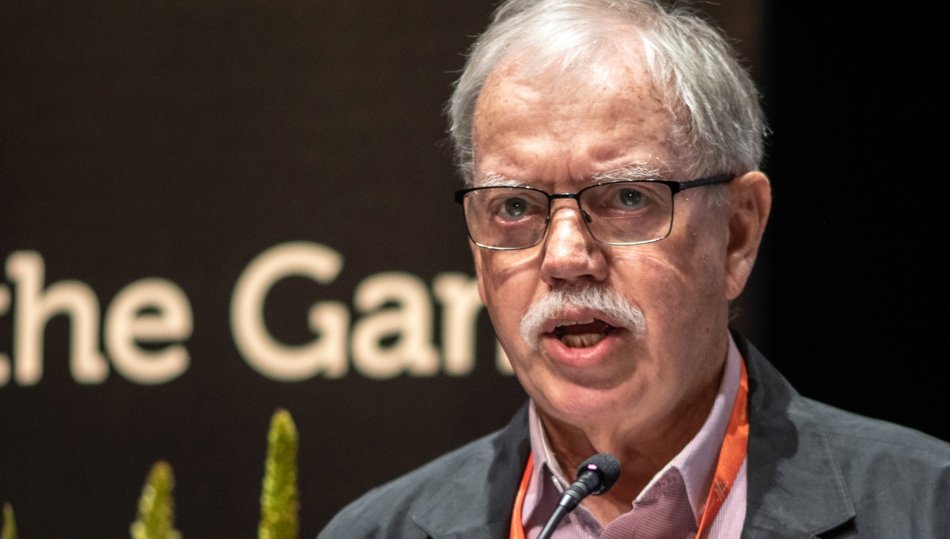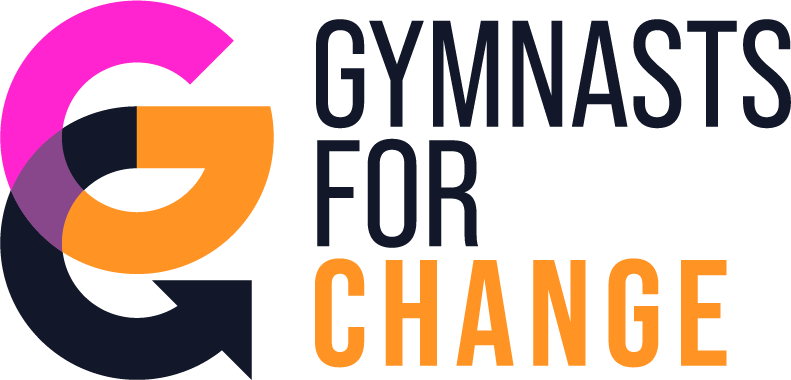ACADEMIC ARTICLES
-

Foucault in Leotards: Corporeal Discipline in Women’s Artistic Gymnastics.
SOCIOLOGY IN SPORT, VOL 27: ISSUE 3
DR NATALIE BARKER-RUCHTI and RICHARD TINNING.Women’s artistic gymnastics is an Olympic sport that involves intricate acrobatic and rhythmic activities. This kinesthetic proficiency demands muscular strength and courage, which have been argued to serve its athletes as a source of empowerment.
Various scholars question the positive effects of sport participation. This article builds on these doubts through a feminist Foucauldian study of WAG. An essayistic research story, compiled from data gained in an ethnographic study, serves as the basis for our analyses. The results demonstrate the complexity of WAG experiences and illustrate that gymnasts’ athletic proficiency is only possible through an extensive and elaborate process of corporeal discipline.
-

The retirement experiences of elite, female gymnasts.
JOURNAL OF APPLIED SPORT PSYCHOLOGY, VOLUME 12 ISSUE 2
GRETCHEN KERR and ANNA DACYSHYN
This study explored the retirement experiences of elite, female gymnasts using qualitative methodology. Despite the extensive research that exists on athletic retirement, no previous study has involved this particular group of athletes. It was hypothesized that elite, female gymnasts face unique challenges upon retirement as a result of the young ages at which they begin and end their competitive careers. Seven former national and international level female gymnasts participated in an in-depth interview.
-

International Olympic Committee consensus statement: harassment and abuse (non-accidental violence) in sport
BRITISH JOURNAL OF SPORTS MEDICINE: APRIL 2016
MOUNTJOY, BRACKENRIDGE, MALLA ET AL.
Despite the well-recognised benefits of sport, there are also negative influences on athlete health, well-being and integrity caused by non-accidental violence through harassment and abuse. All athletes have a right to engage in ‘safe sport’, defined as an athletic environment that is respectful, equitable and free from all forms of non- accidental violence to athletes. Yet, these issues represent a blind spot for many sport organisations through fear of reputational damage, ignorance, silence or collusion. This consensus statement extends the 2007 IOC Consensus Statement on Sexual Harassment and Abuse in Sport, presenting additional evidence of several other types of harassment and abuse—psychological, physical and neglect. All ages and types of athletes are susceptible to these problems but science confirms that elite, disabled, child and lesbian/gay/bisexual/trans-sexual (LGBT) athletes are at highest risk, that psychological abuse is at the core of all other forms and that athletes can also be perpetrators.
READ -

Professor Peter Donnelly: Children’s elite training meets the definition of child labour
PLAY THE GAME 26/06/2022
Professor Peter Donnelly discusses how problems with children’s training were recognised in the 1960’s but reform has been slow in coming. In this article he argues there is a need for regulation, not recommendations following release of the Whyte Review.
